Biological Sciences
-
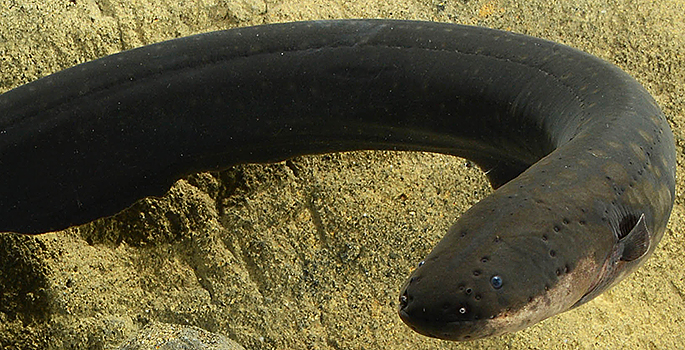
Electric eel: most remarkable predator in animal kingdom
Recent research by Vanderbilt University biologist Ken Catania of the electric eel has revealed that it is not primitive creature that it has been portrayed as. Instead, it has a sophisticated control of the electrical fields it generates that makes it one of the most remarkable predators in the animal kingdom. Read MoreOct 28, 2015
-

Enroll now in Vanderbilt Osher Lifelong Learning fall classes
The Osher Lifelong Learning classes at Vanderbilt this fall draw from professors' research in areas that include earth science, Hebrew Bible, music history, urban planning and more. Read MoreSep 1, 2015
-
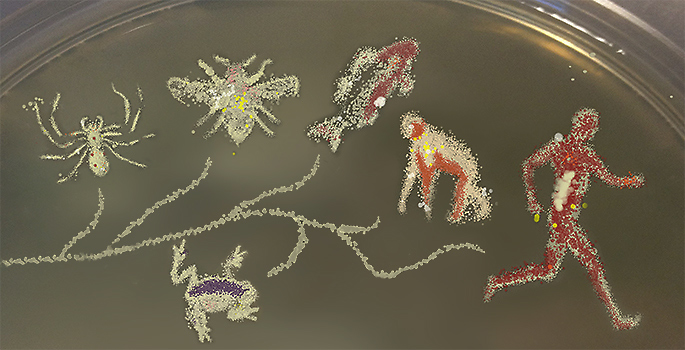
The pronoun ‘I’ is becoming obsolete
Recent microbiological research has shown that plants and animals, including humans, are not autonomous individuals but are holobionts: biomolecular networks that consist of visible hosts plus millions of invisible microbes. Read MoreAug 19, 2015
-
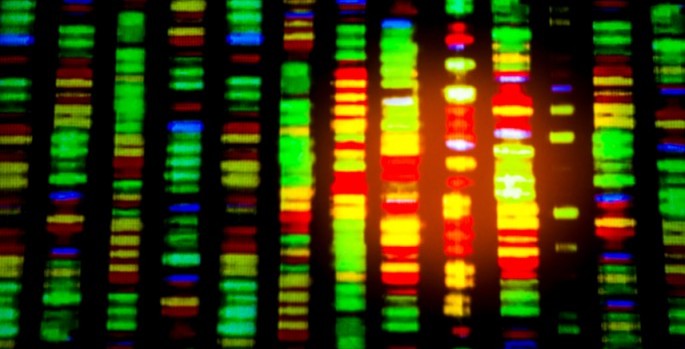
Study reveals how protein helps cells tolerate DNA damage
Vanderbilt and Stanford investigators have discovered how a protein that's part of the DNA replication "machinery" helps cells tolerate DNA damage. Read MoreJul 16, 2015
-
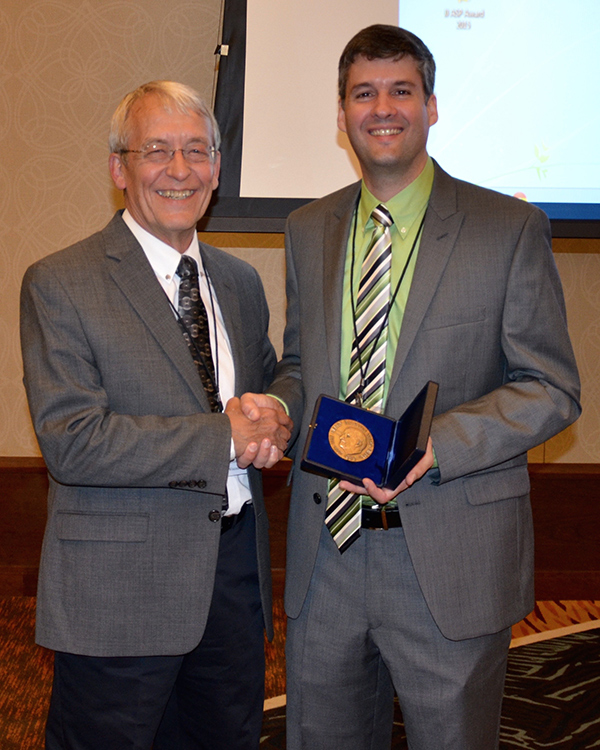
Hillyer receives parasitology medal
Vanderbilt biologist Julián Hillyer is this year's recipient of the H.B. Ward Medal given by the American Society of Parasitologists. Read MoreJun 29, 2015
-
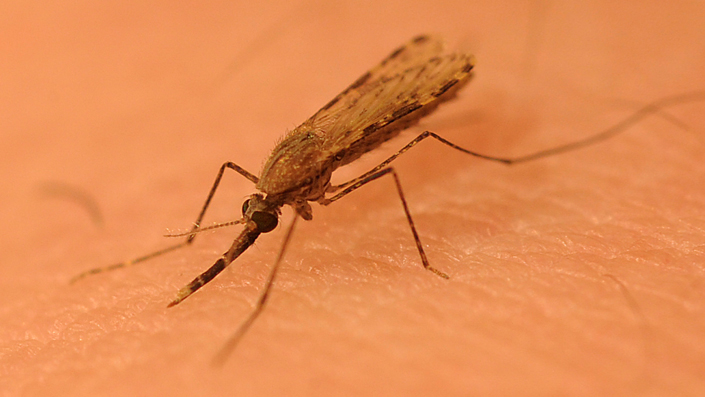
Vanderbilt receives Gates Foundation grant to develop wristband mosquito repellent device
Vanderbilt biologist Laurence Zwiebel has received a Gates Foundation Grand Challenges Exploration grant to create a wrist-band device that devises a personal "no-fly zone" offering protection from mosquitoes. Read MoreJun 8, 2015
-
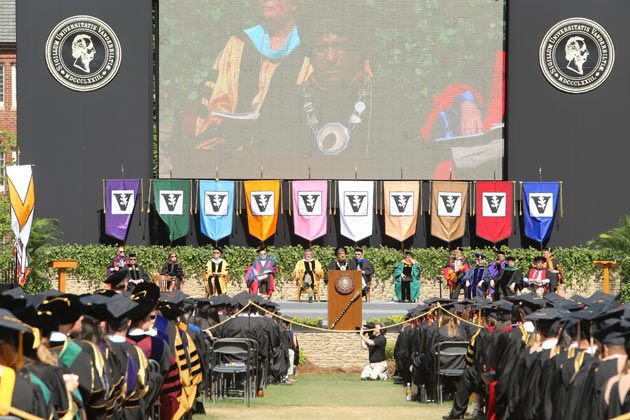
Vanderbilt University honors 28 as emeriti faculty
Twenty-eight retiring faculty members were recognized during Vanderbilt’s Commencement ceremony May 8, when the university honored their years of service and bestowed on them the title of emeritus or emerita faculty. Read MoreMay 8, 2015
-

Locating the brain’s SAD center
Vanderbilt biologists have localized the seasonal light cycle effects that drive seasonal affective disorder to a small region of the brain called the dorsal raphe nucleus. Read MoreMay 7, 2015
-
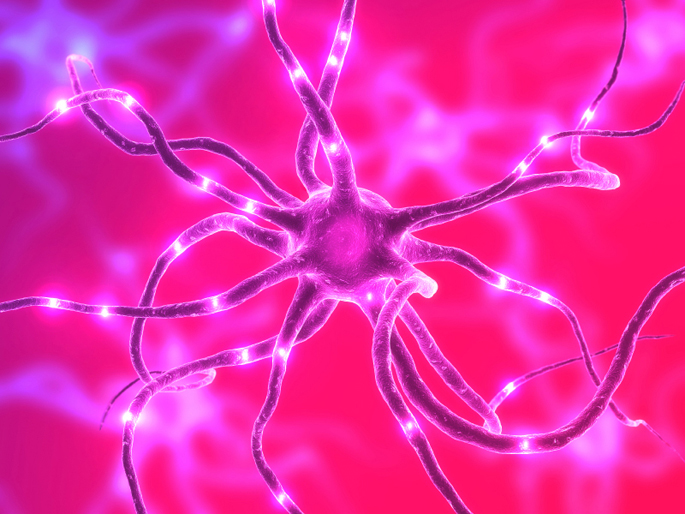
New player in neuronal communication
Vanderbilt researchers have discovered a novel mechanism for the development of dendritic spines – sites of nerve cell communication. Read MoreMay 1, 2015
-

New insight into how brain makes memories
Vanderbilt researchers have identified the role that a key protein associated with autism and the co-occurrence of alcohol dependency and depression plays in forming the spines that create new connections in the brain. Read MoreApr 23, 2015
-
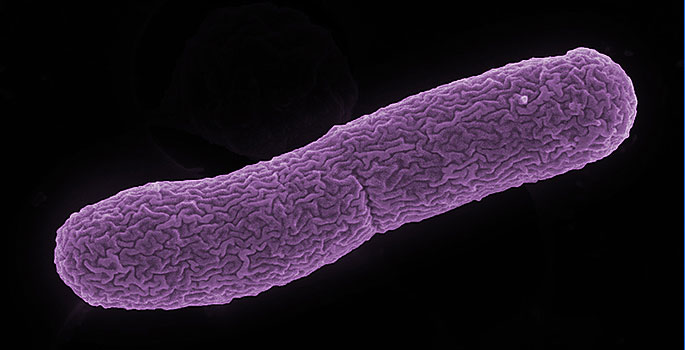
Bordenstein receives grant to study bacterial infections passed from mother to offspring
Seth Bordenstein, associate professor of biological sciences and pathology, microbiology and immunology, has been awarded a $950,000 grant from the National Science Foundation for research into the regulation of bacterial infections that are passed from mother to offspring. Read MoreApr 10, 2015
-
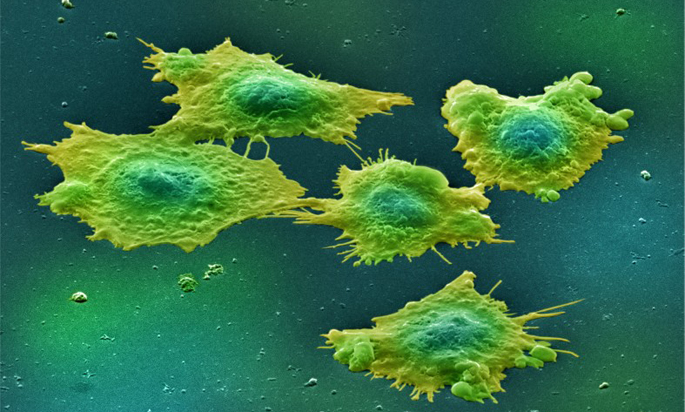
‘Stretched’ cells promote cancer
Mechanical stress appears to be a critical factor in activating normal tissue-associated fibroblasts to generate cancer-associated fibroblasts. Read MoreFeb 19, 2015
-

Circadian clock – Angelman syndrome link established
Vanderbilt biologists have found a direct link between the biological clock and Angelman syndrome, a neurogenetic disorder that occurs in more than one in every 15,000 live births. The link may provide a valuable way to judge the effectiveness of the first experimental drugs under development for treating the syndrome. Read MoreFeb 5, 2015
-

New ‘reset’ button discovered for circadian clock
The discovery of a new "reset" button for the brain’s master biological clock could eventually lead to new treatments for seasonal affective disorder, reduce the adverse health effects of working the night shift, and possibly even treat jet lag. Read MoreFeb 2, 2015
-

The most popular research news stories of 2014
Electricity, learning, marijuana, outer space and planet Earth were the hot topics of 2014. Read MoreDec 26, 2014
-
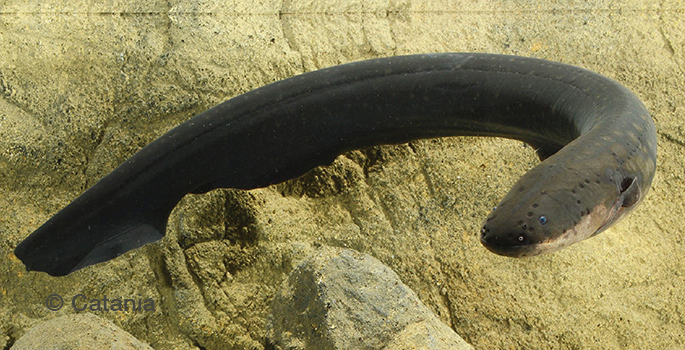
Electric eels deliver Taser-like shocks
A Vanderbilt biologist has determined that electric eels possess an electroshock system uncannily similar to a Taser. Read MoreDec 4, 2014
-
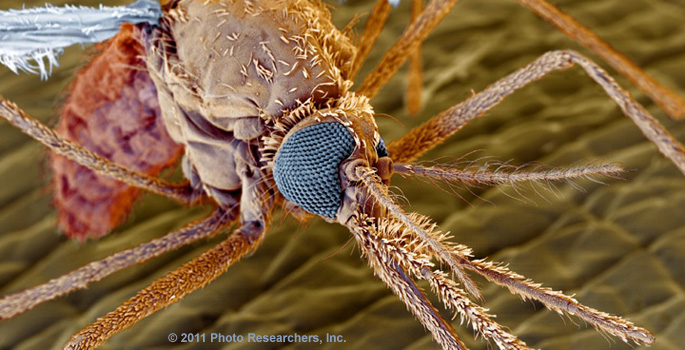
Vanderbilt biologists contribute to major genetic study of malaria mosquitoes
Vanderbilt biologists played an important supporting role in a major genetic study of malaria-carrying mosquitoes published this week in the journal "Science." Read MoreNov 27, 2014
-

Life’s extremists may be an untapped source of antibacterial drugs
A family of single-celled organisms that thrive in environments too extreme for most other species to survive may be an untapped source of new antibacterial drugs. Read MoreNov 21, 2014
-

Vanderbilt’s neurovascular chip project moves into new phase
Vanderbilt researchers will play a key role in the second phase of the federal "tissue chip for drug screening" program. Read MoreNov 18, 2014
-

Two from Vanderbilt will partner with Brazilian researchers
Last spring, Vanderbilt entered into a partnership to foster collaborations between its faculty and researchers affiliated with universities in the Brazilian state of São Paulo. In the first year of this partnership, two proposals have been selected for funding. Read MoreNov 10, 2014